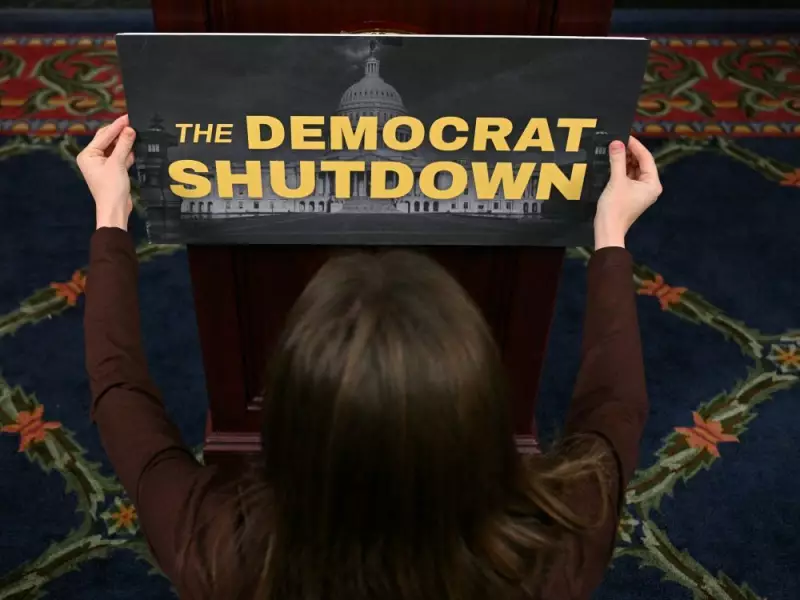
What if the solution to Washington's perpetual dysfunction wasn't another reform package or election cycle, but something far more radical? What if the answer was simply to close the federal government—and keep it closed?
The Unthinkable Proposal Gaining Traction
While temporary government shutdowns typically trigger panic and political posturing, a growing chorus of critics suggests we should consider making the closure permanent. This isn't just political rhetoric; it's a serious argument that the massive federal bureaucracy has become fundamentally broken beyond repair.
The numbers tell a startling story. The U.S. government employs approximately 2 million civilian workers across countless agencies and departments, creating a labyrinth of red tape that often hinders rather than helps American citizens and businesses.
When Big Government Fails Everyone
Consider the evidence of systemic failure:
- Endless permitting processes that stall critical infrastructure projects for years
- Conflicting regulations that make compliance nearly impossible for small businesses
- A tax code so complex that even experts struggle to interpret it correctly
- Massive programs that consistently fail to achieve their stated objectives
These aren't isolated incidents but symptoms of a system that has grown too large, too complex, and too detached from the people it's supposed to serve.
The Unexpected Benefits of Going Dark
During past temporary shutdowns, observers noticed some surprising silver linings:
- Reduced traffic congestion in Washington, D.C. and surrounding areas
- Fewer regulatory hurdles for businesses and entrepreneurs
- Decreased compliance costs for individuals and corporations
- More local autonomy as states and communities filled the void
These temporary respites from federal oversight suggest that Americans might adapt—and even thrive—without the constant presence of Washington's heavy hand.
What Would Replace the Behemoth?
Critics of this radical proposal immediately ask: But who would perform essential functions? The answer lies in restructuring rather than elimination. Many government functions could be:
- Devolved to state and local governments closer to the people
- Privatized through competitive bidding processes
- Eliminated entirely as no longer necessary or productive
- Streamlined into a much smaller, more focused federal apparatus
A Thought Experiment Worth Considering
While permanently shuttering the U.S. government remains politically unlikely, the exercise of considering it forces us to confront important questions. What functions does the federal government perform that couldn't be done better at other levels? Which regulations actually protect citizens versus which simply create bureaucratic jobs?
This provocative thought experiment reveals that our current system may not be the only—or even the best—way to organize our collective affairs. The conversation about government size and scope deserves more creative thinking than simply arguing over budget percentages.
The debate about government efficiency has never been more urgent. As national debt soars and public trust erodes, perhaps it's time to consider solutions as bold as the problems we face.






